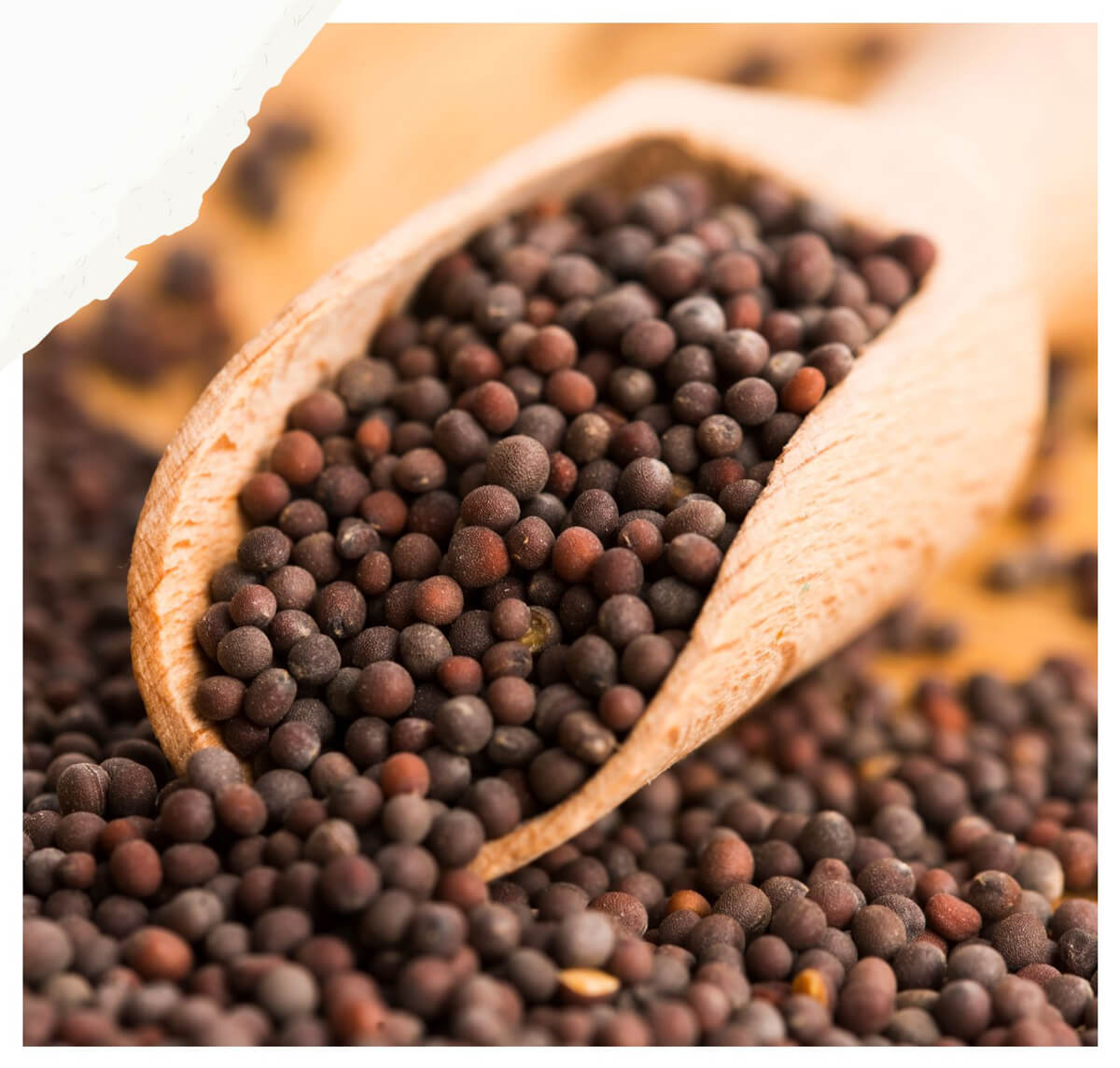Cooking Tip #4: Beware of Frosted Cookies
My grandmother exhibited the best of Yankee wisdom. She lived out that old adage, “Use it up, wear it out, make it do, or do without.” Nothing around her was wasted. Everything was used and re-used until it was indeed completely used up or worn out. Like so many in her generation, she had lived through the great depression and knew the value of a little. She knew how to make do with what she had. It is a trait that I admire greatly and try to emulate in many aspects of my own life. Except for one area. Namely, cookies.
My brother and I learned at a very early age to be wary of my grandmother’s frosted cookies. My grandmother used frosting in much the same way that I use cheese. Frosting was a clear sign that something had gone wrong during the baking. I remember stories of my own mother taking a bite of a cookie and grimacing. “Goodness, mother!” She’d exclaim, “What did you do?” To which my grandmother might reply, “Well, I used chicken fat.”
Let me tell you, there’s nothing like replacing butter with a little leftover chicken fat to lend a uniquely avian flavor to a chocolate chip cookie. By that afternoon, the cookies would be frosted.
I distinctly remember being someplace with my mother once and politely declining a plate of proffered cookies until my mother, knowing exactly what I was thinking, whispered: “It’s okay. These are supposed to be frosted.” It was the first time I realized some recipes actually called for frosting.
Cookies aside, my grandmother was a much better cook than I ever plan to be. Her lemon meringue pie was literally legendary among every friend, family member, and church supper attendee. But when it came to frosted cookies, it was wise to be wary. One could never be too sure what lurked beneath that tempting looking sweetness.
As Christians, it’s also wise for us to be wary when presented with other types of tempting looking sweetness. “I am sending you out like sheep among wolves,” Jesus told his disciples. “Therefore, be as shrewd as serpents and as innocent as doves” (Matthew 10:16). Some of these “wolves” come as overt temptations. Such sins appear sweet, but we know, deep down, that they are wrong. Consider Proverb 5:3-4 which says, The lips of an adulteress drip honey, and her speech is smoother than oil; but in the end she is bitter as gall, sharp as a double-edged sword. We could insert other types of temptations in place of adulteress, too. Greed, envy, selfishness, idolatry, drunkenness, hatred, jealousy, anger… The fact is, all kinds of sinful pleasures appear sweet, but in the end they lead to destruction and death. God’s Word tells us to flee from temptation and to resist it. My Son, if sinners entice you, do not give in to them (Proverbs 1:10).
Overt temptations are difficult, but at least they are generally recognizable. Other sins are so well frosted that they are not only tempting, they are downright deceptive. It is far too easy to be lead astray by thoughts that not only appear sweet, but also appear right. Jesus warns: Watch out for false prophets. The come to you in sheep’s clothing, but inwardly they are ferocious wolves” (Matthew 7:15). Such prophets can infiltrate the flock completely undetected, and then wreak havoc from within – within the church and within our own minds. This was happening to the first century church in Galatia, and Paul’s pleadings are also valid today: I am astonished that you are so quickly deserting the one who called you by the grace of Christ and are turning to a different gospel – which is really no gospel at all. Evidently some people are throwing you into confusion and are trying to pervert the gospel of Christ. But even if we or an angel from heaven should preach a gospel other than the one we preached to you, let him be eternally condemned!” (Galatians 1:6-8).
False prophets can spread heresy from within the church, and they can also attack our individual minds. John warned that many false prophets have gone out into the world (1 John 4:1) and Paul notes that Satan himself masquerades as an angel of light (2 Corinthians 11:15). Deceptive philosophies, ideologies, and theologies can sometimes appear remarkably appealing. We must always test such ideas against the truth of God’s Word. We must always be wary of what may be lurking beneath the sweetness. “Watch out that no one deceives you,” Jesus told his disciples in Matthew 24:4. Watch out that no one deceives you.
Certainly not all sweet things are bad. As I learned in my youth, some cookies are supposed to be frosted. David himself noted that God’s Word was even sweeter than honey (Psalm 119:103). But among the many life-giving lessons I gleaned from my grandmother, foremost among them is this: We should all exhibit a prudent wariness when offered a plate of frosted cookies. Before you snatch up some delectable temptation, make sure you know what’s lurking under the frosting.
The discerning heart seeks knowledge, but the mouth of a fool feeds on folly. Proverbs 15:14

Search the Blog
Categories
Join the email list to receive the latest post and occasional exclusives

Meet Janet!
Janet Beagle, PhD is the founder of The Mustard Patch. She divides her time between the Midwest and New England, and if she’s not writing, she’s probably out hiking with her 2-and 4-footed friends.





